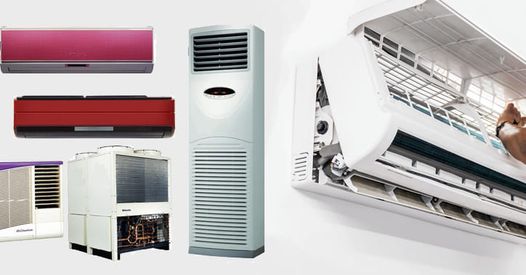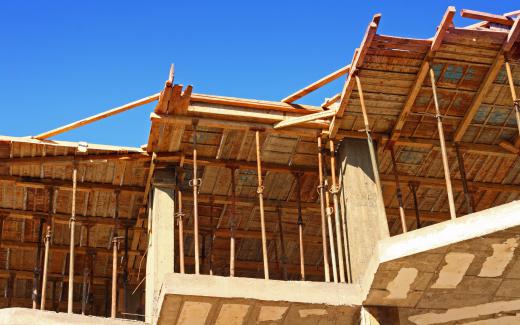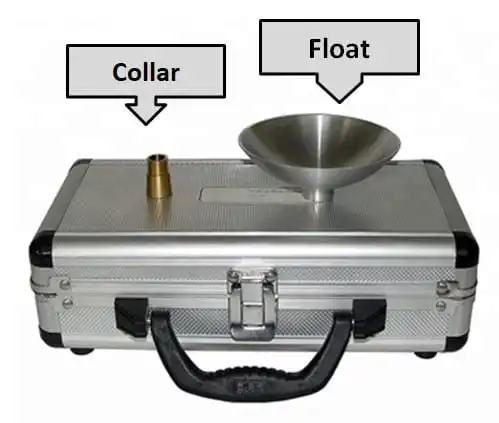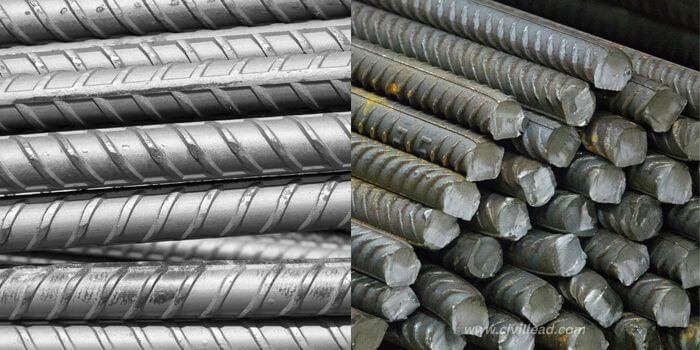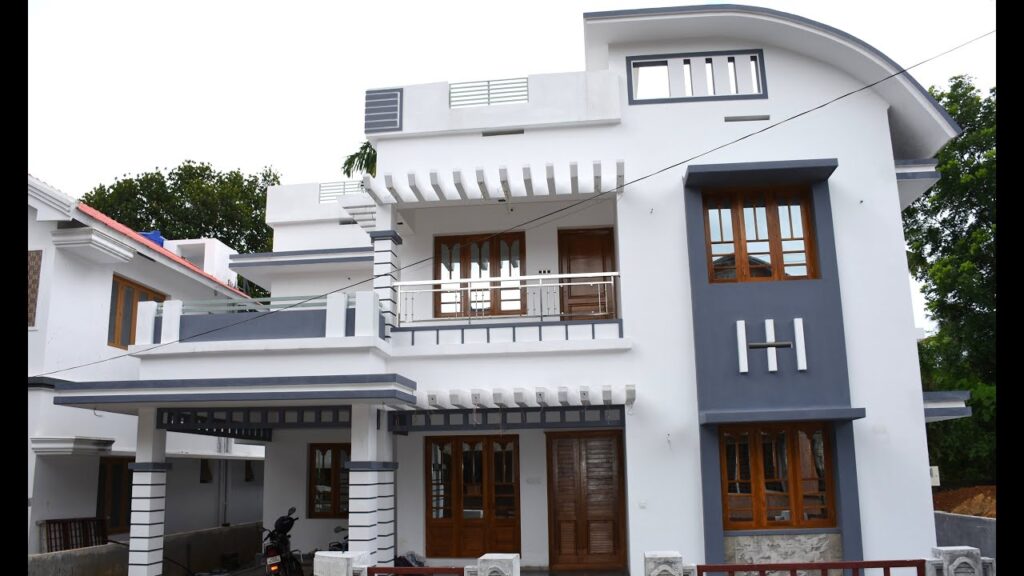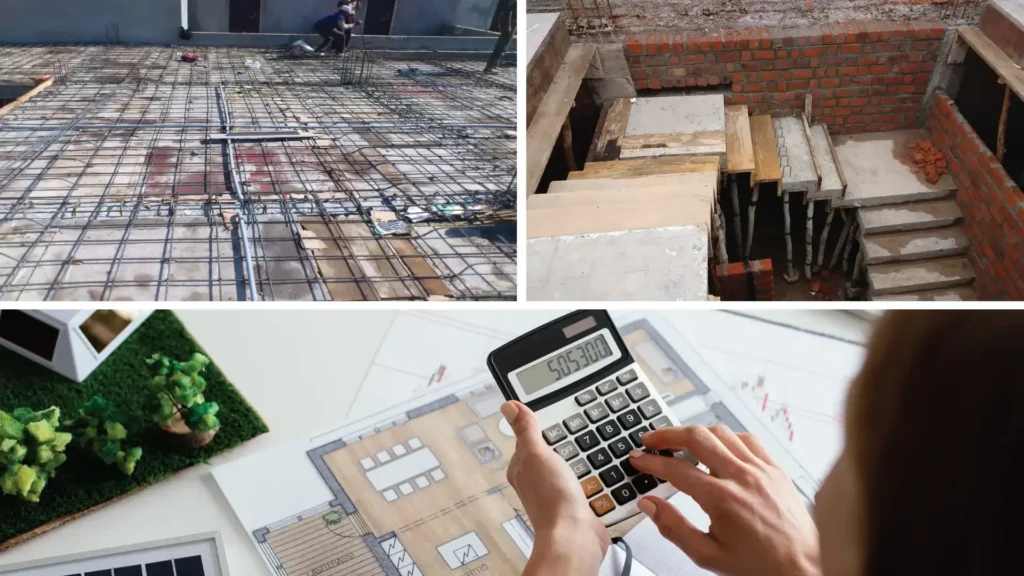Air conditioners are essential appliances for maintaining a comfortable indoor environment, especially during hot and humid weather. There are various types of air conditioners available, each with its own set of advantages and disadvantages. In this article, we will explore eight different types of air conditioners and discuss their pros and cons to help you make an informed decision when choosing the best cooling solution for your needs.
1. Window Air Conditioners

Pros:
- Easy to install and relatively affordable.
- Ideal for cooling individual rooms or small spaces.
- Available in various sizes and cooling capacities to suit different room sizes.
- Suitable for both residential and commercial use.
Cons:
- Can obstruct windows and limit natural light.
- May be noisy during operation.
- Less energy-efficient compared to other types of air conditioners.
2. Split Air Conditioners

Pros:
- Quiet operation as the noisy components are placed outside the room.
- Energy-efficient and cost-effective for cooling individual rooms.
- Allows for flexible installation, with the indoor unit mounted on walls or ceilings.
- Provides both cooling and heating functions with a heat pump option.
Cons:
- Higher initial cost compared to window air conditioners.
- Requires professional installation for proper placement and connection.
- May require regular maintenance to ensure efficient performance.
3. Central Air Conditioning Systems

Pros:
- Suitable for cooling an entire house or building.
- Provides consistent and even cooling throughout the space.
- Can incorporate air filtration and humidity control for improved indoor air quality.
- Less noisy compared to window or split air conditioners.
Cons:
- Higher upfront cost and installation complexity.
- May lead to higher energy consumption if not properly sized or maintained.
- Requires ductwork, which can be challenging to install in existing structures.
4. Portable Air Conditioners

Pros:
- Easy to move from one room to another.
- No permanent installation required, making them suitable for renters.
- Some models come with heat pump functionality for year-round use.
- Available in different sizes and cooling capacities.
Cons:
- Less efficient and may consume more energy compared to window or split air conditioners.
- Requires a window or vent for hot air exhaust.
- May produce noise and vibrations during operation.
5. Ductless Mini-Split Air Conditioners
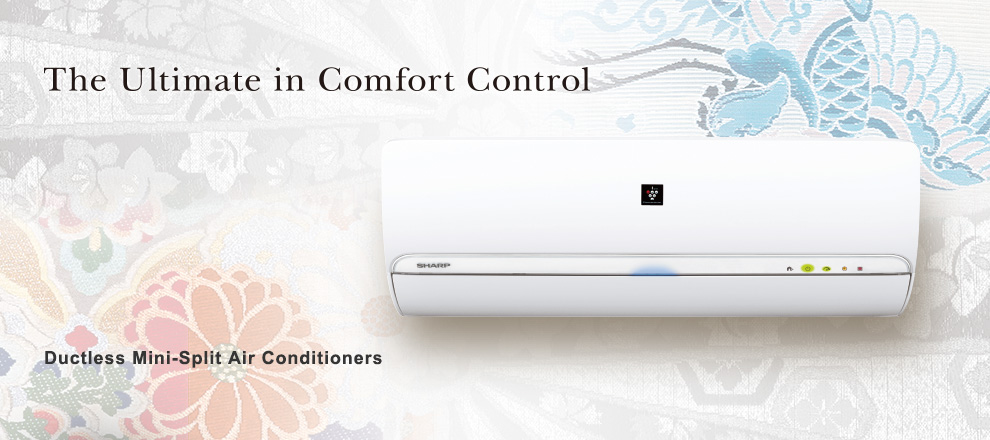
Pros:
- Offers zoned cooling, allowing different rooms to have individual temperature control.
- Energy-efficient, as there is no energy loss through ductwork.
- Easy to install without the need for ductwork.
- Provides both cooling and heating functions with a heat pump option.
Cons:
- Higher upfront cost compared to window or portable air conditioners.
- Requires professional installation for proper placement and refrigerant line connection.
- May require regular maintenance to ensure efficient performance.
6. Evaporative Air Coolers (Swamp Coolers)
Pros:
- Environmentally friendly and energy-efficient cooling method.
- Adds moisture to the air, which can be beneficial in dry climates.
- Easy to operate and requires less electricity compared to traditional air conditioners.
- Suitable for both indoor and outdoor use.
Cons:
- Less effective in humid climates.
- Can increase indoor humidity levels.
- Limited cooling capacity and may not provide the same level of cooling as traditional air conditioners.
7. Packaged Terminal Air Conditioners (PTACs)
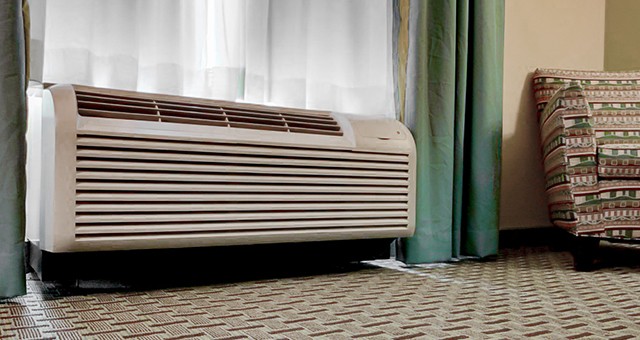
Pros:
- Commonly used in hotels, motels, and apartments for individual room cooling.
- Self-contained units that do not require ductwork.
- Allows for independent temperature control in each room.
- Provides both cooling and heating functions.
Cons:
- May produce more noise compared to split or central air conditioning systems.
- Less energy-efficient compared to other types of air conditioners.
- Requires wall installation, which may not be suitable for all spaces.
8. Hybrid Air Conditioners

Pros:
- Combines the efficiency of air conditioners with the versatility of heat pumps.
- Automatically switches between cooling and heating modes based on outdoor temperatures.
- Can provide energy savings and reduced carbon footprint.
Cons:
- Higher initial cost compared to traditional air conditioners or heat pumps.
- Requires professional installation and regular maintenance.
- May have limited availability and options compared to standard air conditioners.
FAQs :
1. What are the advantages of window air conditioners?
Answer:
- Window air conditioners are easy to install and relatively affordable.
- They are ideal for cooling individual rooms or small spaces.
- Available in various sizes and cooling capacities to suit different room sizes.
- Suitable for both residential and commercial use.
2. What are the drawbacks of window air conditioners?
Answer:
- Window air conditioners can obstruct windows and limit natural light.
- They may be noisy during operation, which can be a concern for some users.
- Window air conditioners are generally less energy-efficient compared to other types of air conditioners.
3. What are the benefits of split air conditioners?
Answer:
- Split air conditioners offer quiet operation as the noisy components are placed outside the room.
- They are energy-efficient and cost-effective for cooling individual rooms.
- Split air conditioners allow for flexible installation, with the indoor unit mounted on walls or ceilings.
- They provide both cooling and heating functions with a heat pump option.
4. What are the disadvantages of split air conditioners?
Answer:
- Split air conditioners have a higher initial cost compared to window air conditioners.
- Professional installation is required for proper placement and connection.
- Regular maintenance may be necessary to ensure efficient performance.
5. What are the advantages of central air conditioning systems?
Answer:
- Central air conditioning systems are suitable for cooling an entire house or building.
- They provide consistent and even cooling throughout the space.
- Central air conditioners can incorporate air filtration and humidity control for improved indoor air quality.
- They are generally less noisy compared to window or split air conditioners.
6. What are the drawbacks of central air conditioning systems?
Answer:
- Central air conditioning systems have a higher upfront cost and installation complexity.
- If not properly sized or maintained, they may lead to higher energy consumption.
- Ductwork is required, which can be challenging to install in existing structures.
7. What are the benefits of portable air conditioners?
Answer:
- Portable air conditioners are easy to move from one room to another.
- They do not require permanent installation, making them suitable for renters.
- Some models come with heat pump functionality for year-round use.
- Portable air conditioners are available in different sizes and cooling capacities.
8. What are the disadvantages of portable air conditioners?
Answer:
- Portable air conditioners are generally less efficient and may consume more energy compared to window or split air conditioners.
- They require a window or vent for hot air exhaust.
- Some portable air conditioners may produce noise and vibrations during operation.
In conclusion, understanding the pros and cons of different types of air conditioners will help you make an informed decision when choosing the most suitable cooling solution for your specific needs and preferences.
Conclusion :
In conclusion, the choice of air conditioner depends on various factors, including the size of the space, energy efficiency, installation requirements, and budget considerations. Understanding the pros and cons of each type of air conditioner will help you make an informed decision to ensure comfort and cooling efficiency in your home or workplace.

